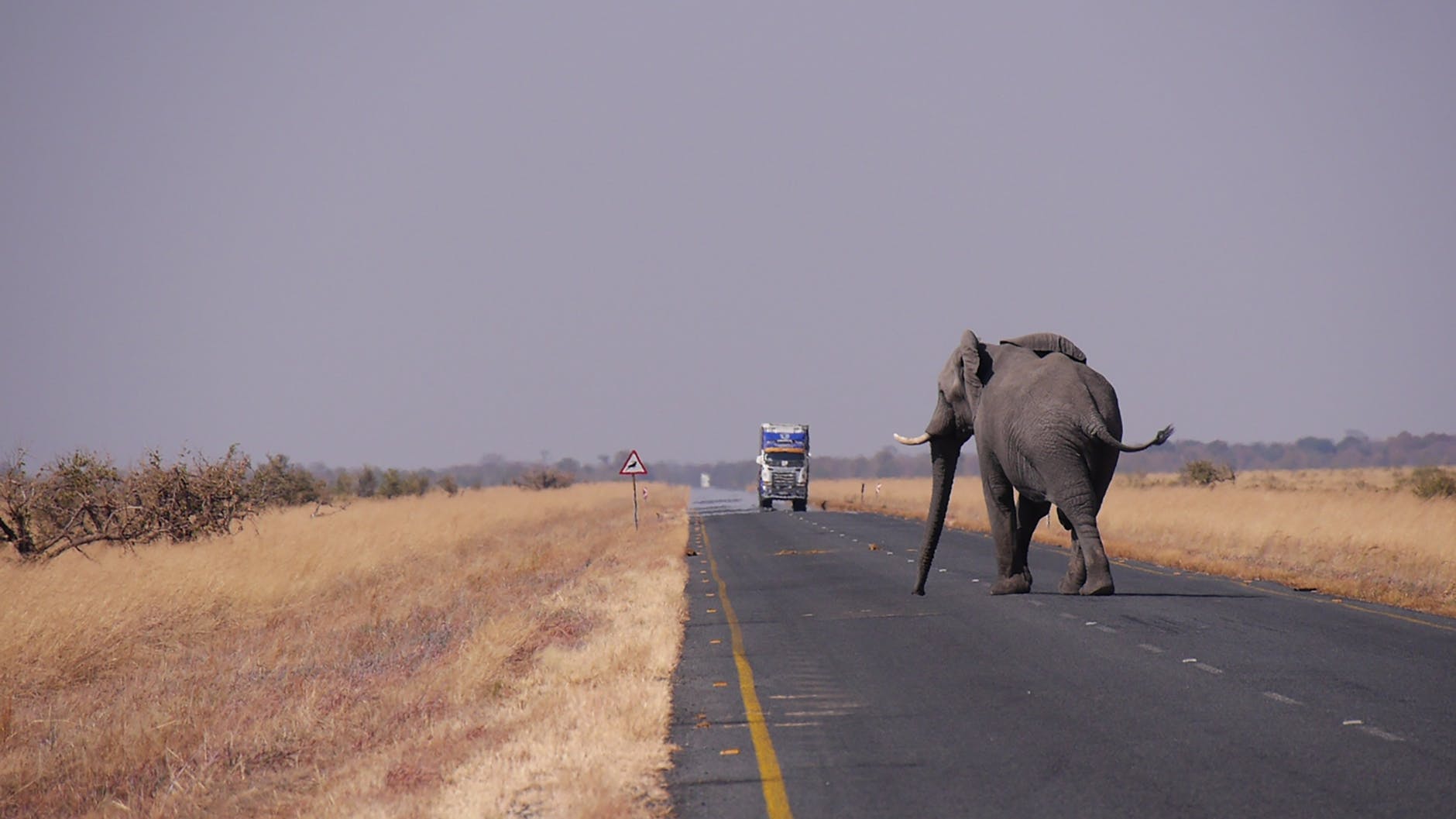The term “trophy hunting” is one that has been badly abused for decades; causing turmoil and contention throughout the conservation community. All game hunting, to a degree, results in some form of a “reward” for participation; but like other concepts of life, participation does not always result in the administering of a “trophy”.
To put it bluntly, humans hunt and pursue wildlife for many reasons - food, hide/pelt, management, reduction of property damage, or, in many cases, all of the above - far surpassing the sophistical concept that one’s ultimate desire to take part in hunting actions is strictly rooted in the collection of a prize.
Today, the term “trophy hunting” is primarily used as dog-whistle verbiage designated to elicit an emotive response from a cross-section of society; rendering the term “trophy” to little more than a connotative misnomer with regard to the broader concepts of (and reasons behind) modern regulated hunting activities.
For example, the hunting of bears to help manage abundant populations and extract vital biological information from individual animals taken for future conservation efforts sounds reasonable enough to most.
But what if a social call came through to ban the hunting of bears because those who engage in it do so merely to hang a prized trophy bear head on the wall?
Even for those of us who know this really isn’t the case, the idea of hunting out of greed, rather than necessity or merit, is likely to evoke an uncomfortable feeling. Now apply this concept to those who don’t hunt at all. Think about the advent of social media and the unabated sharing of data - whether correct or incorrect. Needless to say, with the right amount of wordsmithing, the integrity of non-biased wildlife management and conservation is one politically motivated legislative bill away from being undermined - replaced with a buzz-word-infused mob-rule rather than hard facts.
A Response to Hype
A group of conservationists led by Dr Amy Dickman of Oxford University’s Wildlife Conservation Research Unit contend there is strong scientific evidence suggesting bans on (trophy) hunting would actually hinder and degrade conservation endeavors and negatively impact local communities.
New writings published in the Science Journal urge governments and policymakers to take account of these findings in the face of high-profile emotionally-driven campaigns that call for bans on the regulated hunting of abundant species. The group’s letter focuses on countries like Africa, where the proverbial flames regarding “trophy” hunting have fanned high. The evidence asserts that more land in these countries has been conserved under hunting actions than under National Parks; and that a knee-jerk emotive ban on hunting in these areas is likely to place land conversion and biodiversity at great risk.
Lion hunting has seen particular debate surrounding the merits and purpose of trophy hunting in African lands. Animal rights groups continue to fight for bans on the activity, while many in the conservation community assert that regulated hunting has its place.
Evidence in the letter also finds that poorly managed trophy hunting can actually cause local population declines, with positive population impacts of well-regulated hunting being demonstrated for many local species - including rhinos, bighorn sheep, argali, and a vast array of ungulates.
Dr Dickman told the PA news “The audience we want to take note of this is really policymakers. Thinking about when they make decisions based on conservation, ensuring that it is actually based on the evidence and not just a knee-jerk reaction based on emotions because that is often unreliable in terms of the real impact of it.”
“There are actually worse deaths in terms of welfare, and they’re indiscriminate.” she added.
“In my opinion, you’re likely to have much more wildlife killing, but it won’t be on social media, it won’t be a grinning hunter there, people won’t be aware of it, but that doesn’t mean it is not happening.”
“It is very dangerous to view this through the lens of social media because it is such a biased one, and this is why we need to listen to the conservation scientists and we need to listen to the community representatives rather than just advocacy groups.”
Dr Dickman is one of over 130 conservationists and community representatives to sign her letter.
According to a briefing paper issued in 2016, the International Union for Conservation of Nature states that: “Legal, well-regulated trophy hunting (programs) can, and do, play an important role in delivering benefits for both wildlife conservation and for the livelihoods and well-being of indigenous and local communities living with wildlife.”
Dickman also points to the painfully obvious, yet socially less-understood concept that scientists and wildlife managers often tend to prioritize the overall health of a wildlife population over an individual animal. In this essence, clearly regulated hunting activities supply the overall “greater good” of a species in the eyes of many.
Blood Origins, a storytelling documentary project revolving around the intimate concepts of hunting, posted about the news of Dickman’s letter via Instagram:
Science speaks louder than emotions.
The most reputable scientific peer reviewed journal in (the) world just published a letter by numerous scientists, who happen to be non-hunters.
What was the conclusion?
Trophy hunting bans imperil the very thing we, hunters, non-hunters, and animal rights activists ALL want = higher biodiversity and a wildlife population that is thriving. End of story. Want to save African Wildlife? Hunting has to be a management tool considered.
North America’s “Trophy” Debates
While Dickman’s letter focuses on the hunting actions of Africa, the same concepts apply greatly to North America. The restoration and reintroduction of countless wildlife species can lend their presence on today’s American landscape, in part, to North America’s modernized regulated hunting economy. This concept cascades through all levels of the greater hunting community; to include socially polarizing topics such as predator hunting, fur trapping, guided hunts for species such as elk and bear, and others - concepts that excel well past the widely-accepted ideas of “hunting only for food” while still adding conservation merit to the overall wildlife management toolbox.
As the overall topic of hunting continues to draw criticism and debate, it will remain crucial for wildlife professionals and non-biased constituents to administer input for political leaders to draw from.
You May Also Like:







Nature’s raw fury: A grizzly bear in Alberta locates and tears open a black bear den; attacks female bear with cubs. Warning: Potentially graphic content.